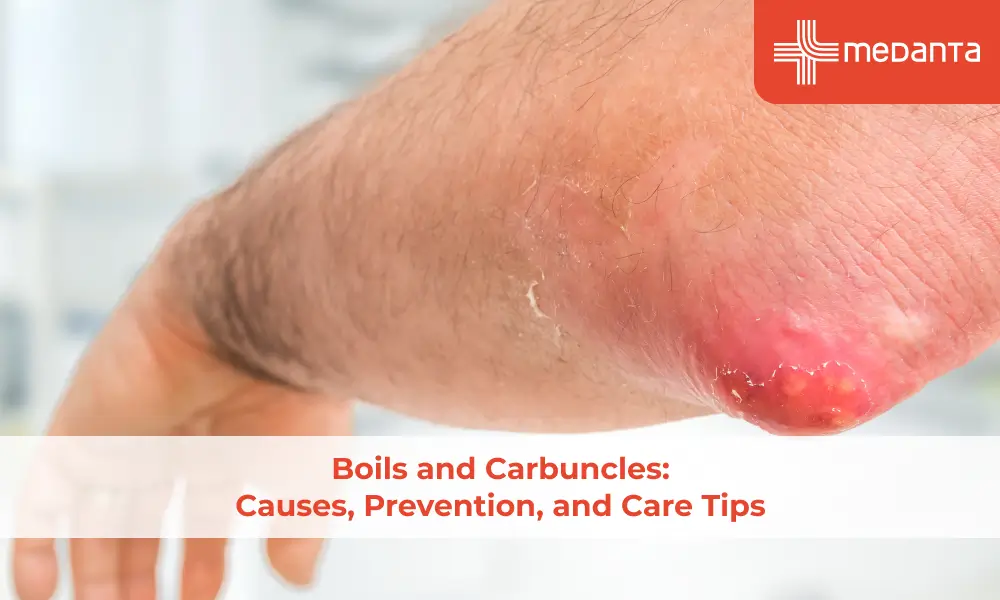Heart Surgery Recovery - What You Need To Know

Recovery time after heart surgery varies among patients and often depends on how well post-surgery care instructions are followed.You will most likely spend the first couple of nights after heart surgery in the ICU so that doctors can monitor your progress more carefully.
The first stage of recovery generally lasts between 6 to 8 weeks and your doctor will advise extra caution during this period to avoid untoward complications.
How to Recover Quickly From Open Heart Surgery
Here are some of the factors that can aid a speedy recovery after you undergo cardiac surgery.
Incision Care
Keep your incision site clean and dry, and make sure your hands are washed before and after touching it. If your incision is healing, then you should be able to take a full shower after a few days. Your shower should not exceed 10 minutes and you should use warm water. Make sure that the water does not directly hit your incision site. You should call your doctor in case you notice any of these signs:
Increase in drainage or oozing from your incision
Reddening around your incision area
A sensation of tearing along the incision
Body temperature above 100 F
Pain Management

Pain relief is essential for a quick recovery and to reduce the risks of developing complications like blood clots and pneumonia.Your doctor will advise you on the necessary medication for pain related to your throat, muscle, and incision sites. Be particular about following the specific instructions related to your medical prescriptions. For example, you might need to take the medicines before bedtime or before any kind of exercise, and it is important that you stick to this routine.
Sleep and Rest
You might experience some trouble sleeping after your heart surgery. This could be related be to anxiety or depression, which are common experiences after an important medical procedure. If you feel emotionally unstable, it is best to consult a professional counsellor or psychiatrist.
Ensure adequate sleep and rest after your surgery as both are essential for your healing process. Follow these simple steps:If your pain keeps you up in the night, take your pain medication half an hour before your bedtime
You should space out your naps in the daytime to ensure they don’t interfere with your sleep in the night
Avoid caffeinated drinks late in the evening
Have a relaxing pattern near your bedtime to cue your body for sleep
Arrange your pillows to provide maximum comfort
Physical Activity

In the two months following your surgery, you should slowly increase your physical activity around the house. You can start with short walks that don’t tire you out. There are some general guidelines your doctor might share with you:
Avoid standing for more than 15 minutes in one spot
Don’t lift objects heavier than 4 kilos
Avoid moving heavy objects
Avoid driving for 1- 2 months after surgery
Avoid taking the stairs unless recommended otherwise by your doctor
Emotional Wellbeing
To cope with feelings of depression or anxiety in the post-surgery phase, you should consult a doctor. Here are some tips to help you bounce back faster:
Don’t lay in your bed all-day
Go out for short periods of time
Start doing things you enjoy
Talk to your near and dear ones about how you feel
Get enough sleep at night
Diet
A balanced, nutritious diet will quicken the healing process. Your doctor will give you a guideline on what to eat and what to avoid. After your surgery, you can tackle a diminished appetite by eating small meals at shorter intervals. If your appetite doesn’t return within the first month of recovery, you should consult your doctor.
Recovery from a heart surgery is a gradual process. It can take up to two months to recover and six months to experience all the benefits of the surgery.






